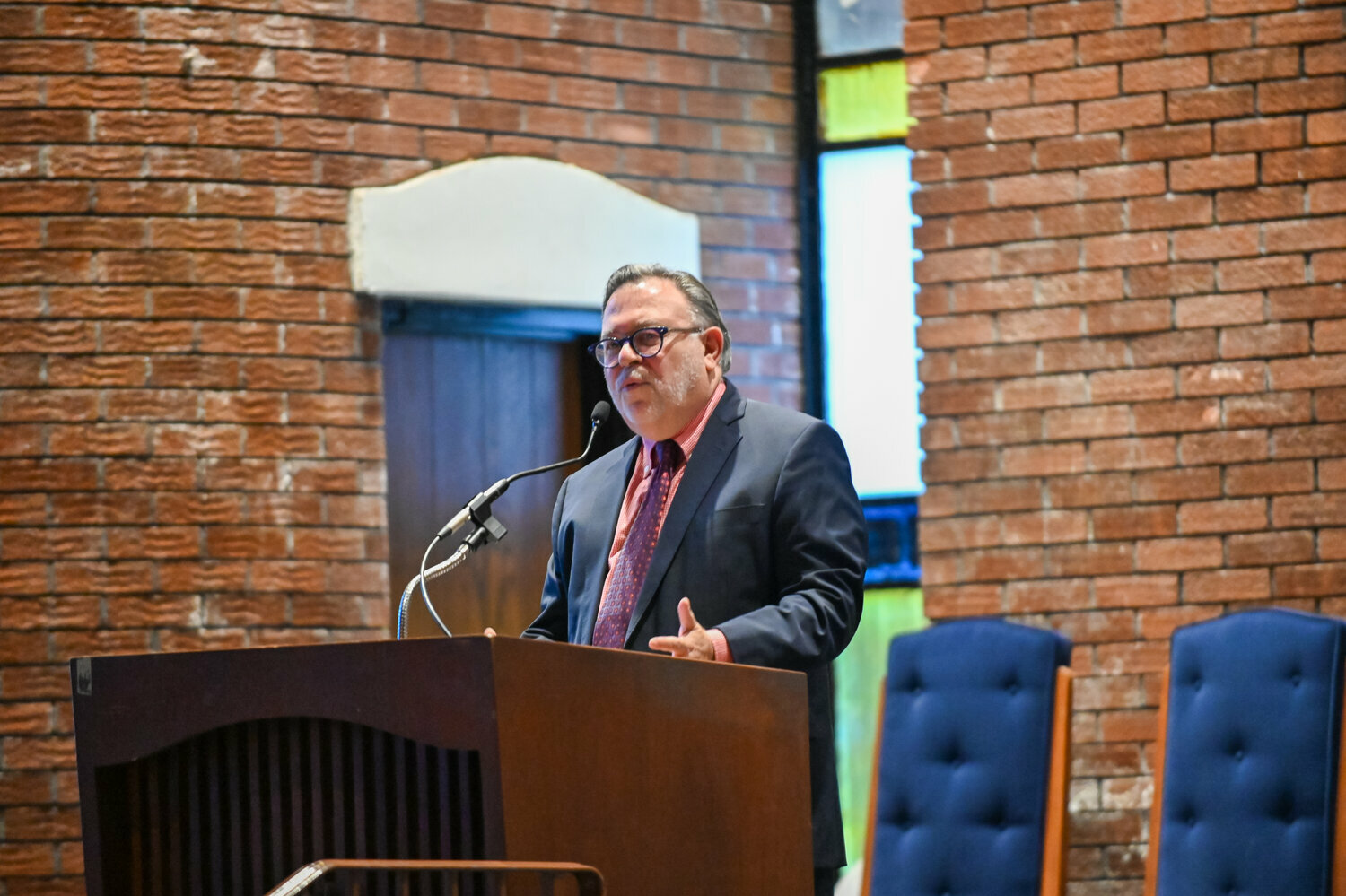Celebrating Shavuot in Long Beach
Just days ago, Jews worldwide celebrated one of their most ancient holidays, Shavuot. Often it is called the Festival of Weeks, a reference to the fact that it takes place seven weeks after the conclusion of Passover.
That specific timing also underscores the historical origins of the commemoration, namely that it was agriculturally based. Because it took place only when certain grain was available.
Indeed, the most specific references in the text calls this holy pilgrimage moment Chag Hakatzir, the holiday of the harvest (Ex. 23:16) and later Yom HaBikkurim, the day of first fruits (Num. 288:26) In ancient times the way this joyous occasion was celebrated was by bringing the new summer wheat (barley being the earlier spring crop) and one’s finest produce to the Temple in Jerusalem. It was an offering to the Lord and also a way to provide sustenance to the priests in charge of the national synagogue. But then things drastically changed.
After the conquest of Israel by the Roman Empire in the first century, and the resulting destruction of the Temple in the year 70, the Jews no longer had the ability nor the sacred location to fulfill the farming related requirements of Shavuot as they had for hundreds of generations. It would be reasonable to think this holiday would have therefore disappeared, yet it still exists on the liturgical calendar today. How?
The spiritual leaders of the remaining Jewish population in the Levant and in exile transformed the biblical convocation and shifted its focus completely. They noticed that the date of the festival as mandated in the Five Books of Moses happened to also correspond to the anniversary of the receiving of the Ten Commandments. So, they decreed, going forward the people would mark this day, Shavuot, with the same gusto and gladness as in the past but with the central theme of remembering the watershed event of being gifted the famous moral and legal directives from atop Mount Sinai.
Clearly this defining divine revelation is worthy of a distinct acknowledgement with all of the trappings of a holiday--taking off work, special prayers, readings, songs, and foods. However, in addition, there is an important broader takeaway.
When confronted with the tragic demise of their sovereignty and the resulting loss of their capital and central House of Worship the response was not despair nor apathy or even a sense of fatalistic defeat. Rather we saw innovation, creativity and ingenuity. A path was found to adapt, so as to ensure continuity and community. What a relevant message for all people, especially now. Religion and age old societal norms can at times be stagnant, rigid and unyielding. Or, as Shavuot reminds us, faith can inspire flexibility that leads to sustainability, ongoing unity and positive growth.
Rabbi Jack Zanerhaft is the spiritual leader at Temple Emanu-El in Long Beach.






